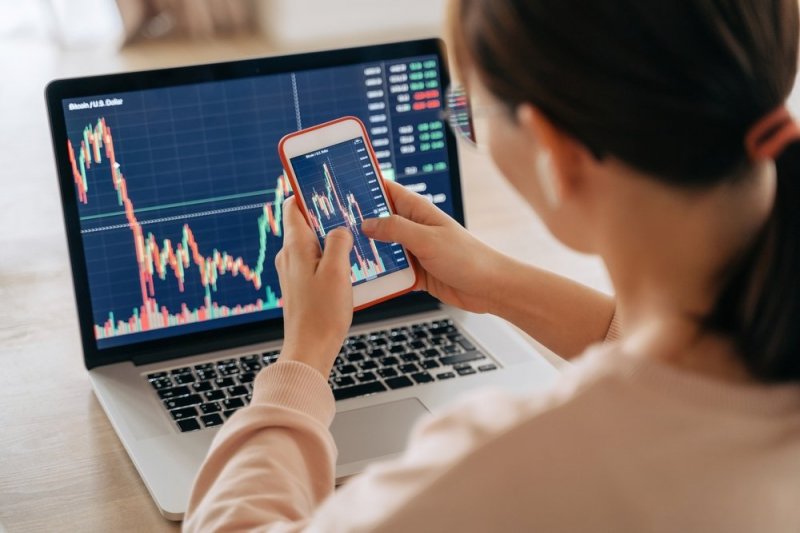Trading in financial markets can often feel overwhelming and unpredictable, especially for those just starting out or even for seasoned traders facing the ever-changing dynamics of the market. However, having a system or approach designed to help you trade confidently every single time can make all the difference. Confidence in trading does not mean that you will never face losses or unexpected turns. Instead, it means having the right tools, knowledge, and mindset that allow you to make informed decisions and manage risks effectively, even in volatile conditions. At the core of confident trading is preparation. This involves understanding the fundamentals of the markets you are interested in, whether they be stocks, commodities, currencies, or cryptocurrencies. When you take the time to learn about market behavior, key indicators, and economic factors that influence price movements, you lay the foundation for trading with assurance. Confidence grows from knowledge, and knowledge empowers you to interpret market signals rather than react impulsively. Another crucial element is having a well-structured trading plan.

Ainvesting trading plan acts like a roadmap guiding your decisions and helping you stay disciplined. It should clearly define your trading goals, risk tolerance, entry and exit criteria, and money management rules. When you follow a plan, emotions such as fear and greed take a backseat to logic and strategy. This approach reduces the likelihood of making rash decisions based on momentary market fluctuations or external noise. Additionally, a good trading plan includes risk management techniques, such as setting stop-loss orders to limit potential losses and using position sizing to ensure that no single trade can significantly damage your overall portfolio. Managing risk effectively is one of the key factors in building long-term confidence and success in trading. Moreover, practicing patience and maintaining a long-term perspective can significantly boost confidence. Markets are inherently cyclical and can be influenced by countless unpredictable factors. Learning to accept that not every trade will be profitable and that occasional setbacks are part of the process helps maintain a calm mindset.
This ongoing learning process helps refine skills and builds resilience. Technology also plays a significant role in supporting confident trading. Access to reliable trading platforms, real-time market data, and analytical tools allows traders to stay informed and react quickly when necessary. Automation tools such as alerts, algorithmic trading, and portfolio trackers can enhance decision-making and reduce the burden of constant monitoring. These resources enable traders to focus on strategy execution rather than getting overwhelmed by information overload. Lastly, cultivating the right mindset is essential. Confidence in trading is as much about mental strength as it is about technical skills. Developing emotional control, staying disciplined, and maintaining a positive attitude even during challenging times foster a mindset that supports consistent performance. Surrounding yourself with a community of like-minded traders or mentors can also provide encouragement, share insights, and keep motivation high. In conclusion, trading confidently every single time is achievable when you combine solid preparation, a detailed trading plan, effective risk management, continuous learning, the right technology, and a strong mental approach.
